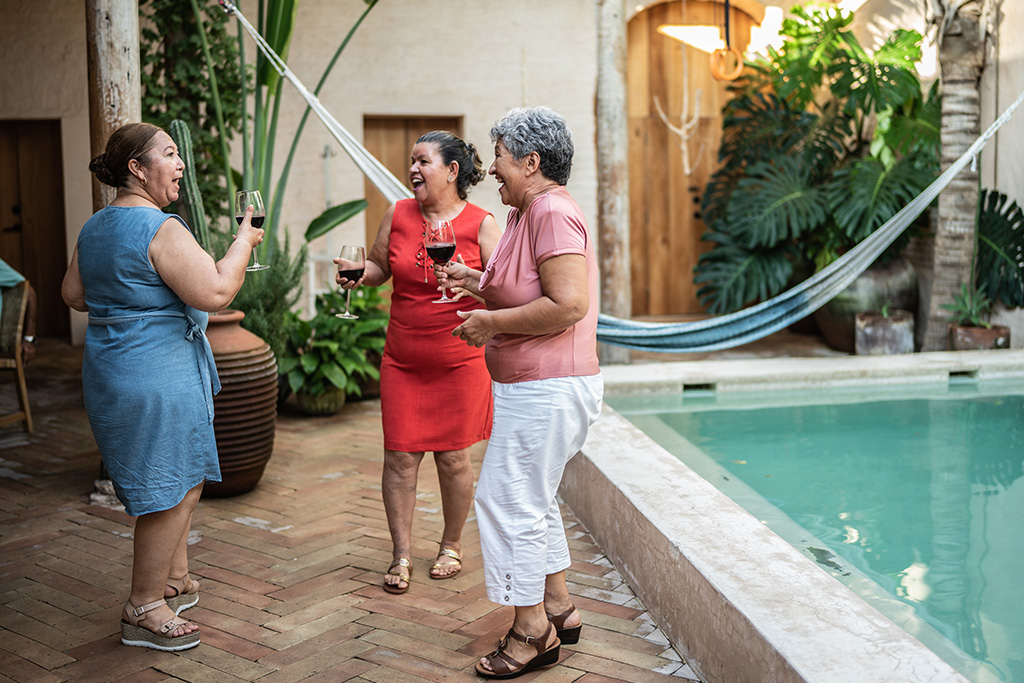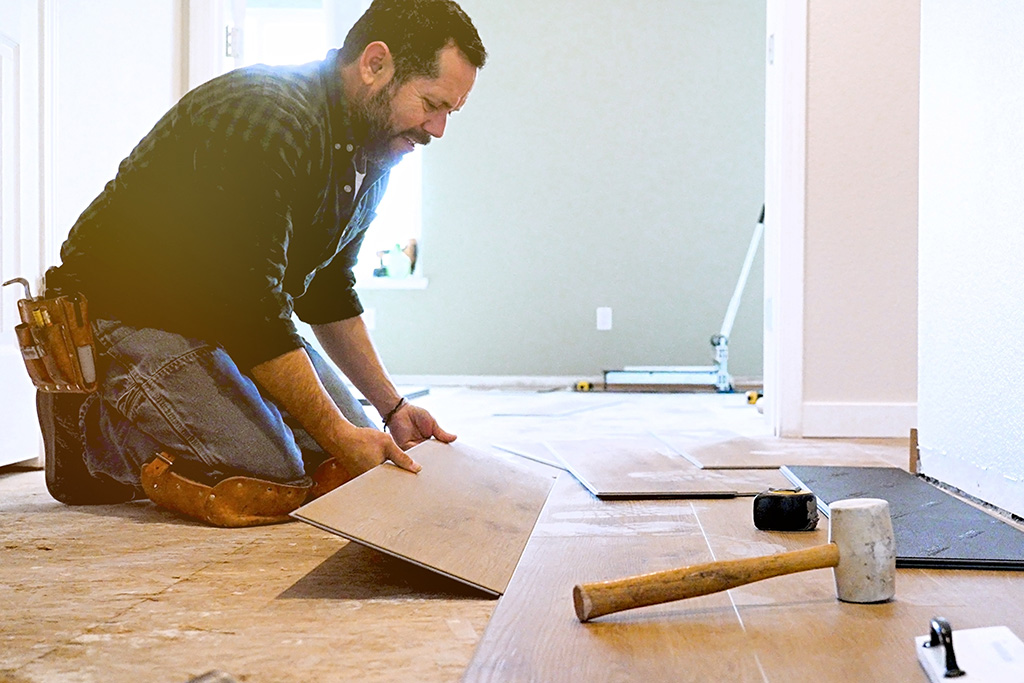Is Buying a Second Home Right for You?
Many people enjoy a second home as a vacation spot, a weekend getaway, or a means to collect extra income through renting. However, purchasing such an asset requires careful consideration and planning before signing on the dotted line. Here are several factors to consider if you’re thinking of purchasing a second home.
Financing and affordability

Before starting your home search, you’ll likely need to consult with a lender who can outline the parameters of securing a second home loan.
Approval process
As a general rule of thumb, conditions for approval include a down payment of at least 10 percent, a minimum credit score of 640, and a debt-to-income ratio of 43 percent or less. Also expect to be quoted a higher interest rate with a second home loan as lenders consider it a higher risk—your primary mortgage will likely take priority if you experience financial difficulties.
Loan types
-
- Conventional loan: A conventional mortgage is your best bet for obtaining approval if you have limited cash or assets.
- Home equity line of credit (HELOC): If you have equity in your primary home, you can borrow against it by opening a line of credit, which you can then use to purchase your second home.
- Cash-out refinancing: Similar to a HELOC, the cash-out option enables you to obtain a new loan for the current amount you owe plus the equity in your home, giving you the extra cash you need to purchase your second home.
As with any loan, discuss the various options with your real estate agent and lender.
Lifestyle and location

Based on your preapproval, you can determine how much you can afford, where you can purchase, and what type and size of home you want, such as a condo, townhome, or single-family home.
First, consider what you want your second home for. How often do you plan on occupying it, year-round or seasonally? Perhaps you’re retired and want to be in a more temperate climate during winter to socialize and enjoy outdoor activities. Maybe you want to use it for weekend trips or as a destination where friends and family can converge. You may also want to weigh your preferred activities when deciding on your home’s location. For example, is having entertainment, dining, and shopping at your fingertips a priority, or is going on a hike, hitting the beach, or participating in mountain sports more your vibe?
Of course, if your goal is to be near family and friends, their location may influence where you ultimately decide to purchase. Be sure to vet the neighborhood and town before making your final decision. Consulting with a local real estate agent who is well versed in the area where you want to buy can help you with this search process.
Rental opportunities

Purchasing a home for rental income can be quite lucrative, especially if it’s in a desirable location near a beach, lake, or mountain resort or close to excellent amenities and activities. But you’ll want to look at the rental market rate to compare it against how much you’d need to charge to cover your mortgage, taxes, and insurance (or at least part of it). You should also check if there are any rental restrictions for the community you are purchasing in, such as ones regarding pets or lease length. Most importantly, seek the advice of an attorney to secure an airtight rental agreement.
Additional considerations

Whether you’re purchasing a second home for your own enjoyment, for tax benefits, or as an income-producing property, understanding the costs and responsibilities associated with owning another property will help you manage your finances and avoid potential pitfalls.
Maintenance and repairs
As a second-home owner, you’ll need to prepare for the cost of repairs and maintenance. Whether you intend to occupy it or not, you’ll want to decide whether to take care of it yourself or hire a property management company. If you plan on renting it out, you will likely need a property manager to oversee cleanings between tenants, complete necessary repairs, and do general maintenance.
Secondary homeowner’s insurance
Your homeowner’s insurance premium may be higher for your second home than it is for your primary residence for any number of reasons, including it being vacant for long periods (exposing it to potential damage), the property value being higher than your primary residence, or emergency services not being close by. If you plan on renting the property, you will also probably need to add landlord insurance.
Landlord costs
If you’re purchasing the property for rental purposes, it’s vital to understand your financial responsibilities as a landlord. For instance, you will be responsible for paying your mortgage, property taxes, homeowners association (HOA) dues, and insurance on time and for absorbing the costs to maintain and repair problems promptly. Additionally, you’ll incur the fee of finding qualified tenants, whether you do it on your own or develop a relationship with a real estate agent who can assist you with the task.
